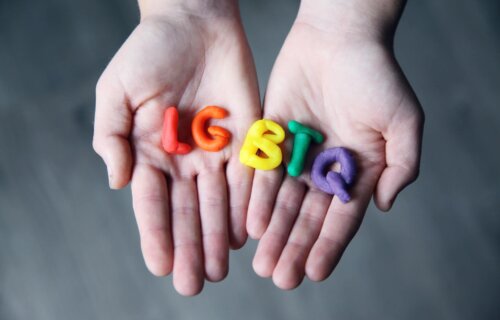CAMBRIDGE, United Kingdom — Autistic individuals are more likely to identify with a diverse variety of sexual orientations in comparison to non-autistic people, new research by a team at the University of Cambridge finds. Study authors assert that these findings hold a number of important implications for both the treatment and support of autistic individuals.
Researchers explain that these conclusions fly in the face of the decades-long assumption that autistic people are less interested in sex or romance in general. It’s only been in recent years that new research has emerged indicating the autistic are more likely to exhibit a wide variety of sexual orientations, while simultaneously being less likely to contract sexually transmitted infections (STIs). Even those projects, however, have been limited in both size and scope.
“Understanding the intersectional identities of autistic individuals who are asexual, bisexual, homosexual, or ‘other’ sexuality is key. It is particularly important that healthcare providers and educators use language that is affirming and accepting of all sexual orientations and gender identities when providing sexual education and sexual health screening checks to autistic and non-autistic people alike,” says lead researcher Elizabeth Weir, a PhD candidate at the Autism Research Centre at Cambridge, in a university release.
Significant differences between autistic men and women
This latest research represents the largest study to date on sexuality among autistic individuals, encompassing 1,183 autistic and 1,203 non-autistic adolescents and adults between the ages of 16 and 90. Each person filled out an anonymous survey on their sexual health, STD history, sexual orientation, and sexual activity level.
Those surveys revealed that 70 percent of autistic males and 76 percent of autistic females engage in sexual behavior, albeit not as frequently as their non-autistic peers (89% among both non-autistic males and females). Interestingly, and in dispute of earlier research, this work does not suggest autistic individuals are less likely to contract an STI. Additionally, the study finds autistic people are eight times more likely to self-identify as either asexual or “other sexuality.”
More specifically, autistic males are 3.5 times more likely to consider themselves bi-sexual than non-autistic males. Autistic females are three times more likely to identify as homosexual in comparison to non-autistic females.
Autistic females are also more likely to be sexually active than autistic males, less likely to identify as heterosexual, and more likely to see themselves as either asexual, bisexual, and “other” sexuality.
“We must ensure that autistic individuals are receiving equal access to healthcare and support in their choices in their personal lives, to enjoy fulfilling lives and good mental health,” adds study co-author Dr. Carrie Allison, Director of Strategy at the Autism Research Centre.
“This new study is an important example of applied health research with policy relevance for health and social care services,” concludes study co-author Professor Simon Baron-Cohen, Director of the Autism Research Centre.
The study is published in Autism Research.
